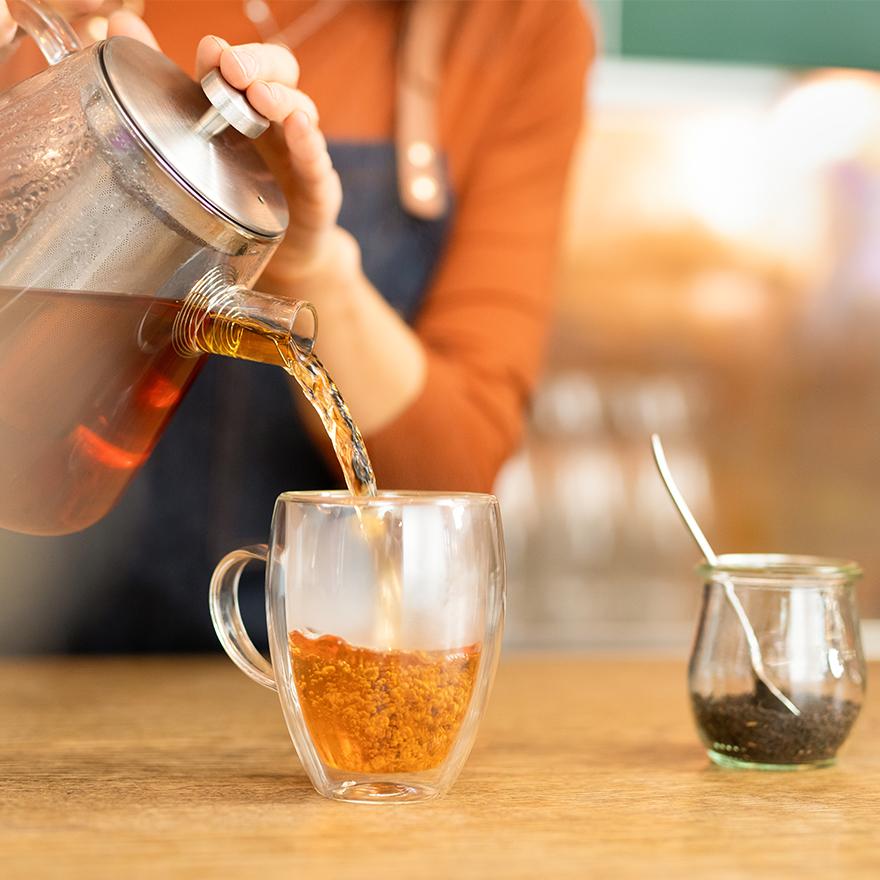In culture, there are also a lot of examples that we’ve seen of traditions, rituals and practices that use water. For example, the long-standing tradition of women carrying buckets of water on their heads implies responsibility and economic and social traditions.
We’ve also seen traditions such as using filters to improve water quality, building systems to cleanse or transport water across settlements and cities, to even using water to mark territory by having a man-made river or moat around an area.
Spiritual Significance of Water in Religions
Water also plays a role in religious beliefs and the significance of water changes depends on what you believe in. While around the world, water signifies life as we need it to live, there are various mentions of water in Christianity, Animism, Hinduism, Buddhism, and Islam religions.
- Christianity: Often seen as ‘holy water’, water is primarily linked to Baptism rituals, where one professes their faith and bathing in blessed waters, symbolising rebirth, and purity.
- Animism: The belief that natural objects and all things possess a soul or spirit and so therefore are alive. Here the meaning of water signifies an entity as they believe that rivers don’t just give life but are alive.
- Hinduism: Water in Hinduism is sacred and is believed to hold purifying and cleansing powers. Here the spiritual meaning of water helps to achieve purity physically and mentally.
- Buddhism: In this religion, water is believed to aid in the path to enlightenment to help cleanse the body, mind and spirit. Water in Buddhism embodies calmness and serenity and is often used in rituals and offerings at shrines.
- Islam: In the holy book of the Quran, water is a part of life. We are made of water, live, breathe and consume water. Here water symbolises wisdom as to know this you need to have a conscious awareness of yourself.
Water itself holds a lot of different spiritual meanings and therefore affects the way we consume or use water in various rituals and offerings. With religions that see water as a purifier, they will want more access to clean water more often. We see water as a symbol for enhancing your life, while others even use rain dances to call upon water in times of need.






